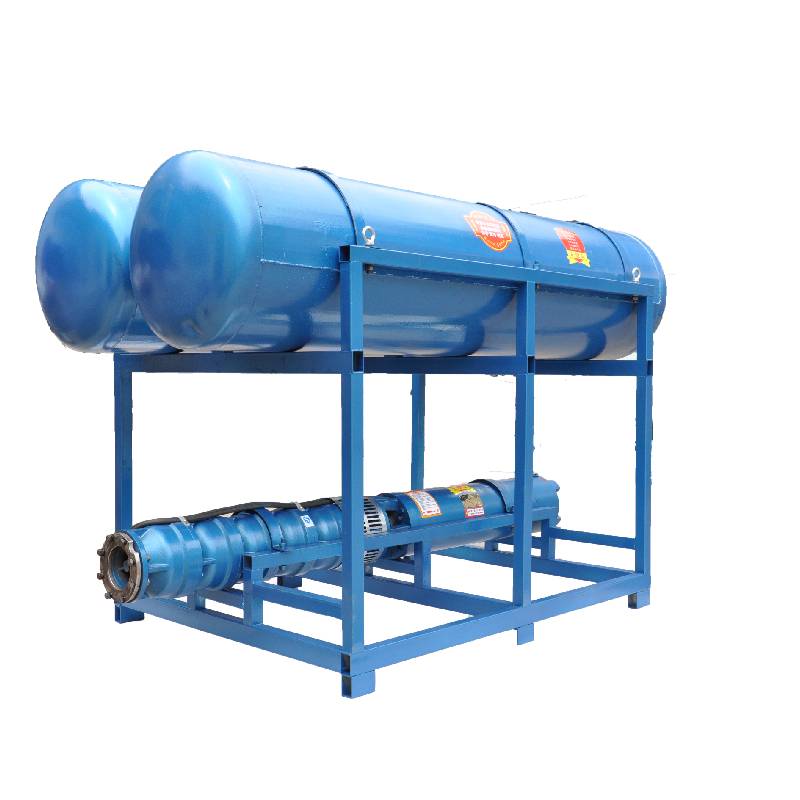Nov . 10, 2024 04:09 Back to list
Versatile Submersible Chemical Pumps for Efficient Fluid Handling in Various Applications
Understanding Submersible Chemical Pumps Key Features and Applications
In the world of industrial fluid management, pumps play a crucial role in ensuring the efficient transport of liquids and chemicals. Among the various types of pumps available, submersible chemical pumps stand out for their unique design and operational efficiency. Designed to operate while submerged in the fluid they are pumping, these pumps are essential for a wide range of applications across various industries. In this article, we will delve into the key features, benefits, and applications of submersible chemical pumps.
Key Features of Submersible Chemical Pumps
1. Design and Construction One of the hallmark features of submersible chemical pumps is their design that allows them to be submerged in the liquid. Typically constructed from durable materials like stainless steel or high-grade thermoplastics, these pumps are resistant to corrosion and can handle a variety of chemicals, such as acids, bases, and solvents. The hermetically sealed motor prevents any external liquids from entering, providing protection to the pump's internal components.
2. Efficiency Submersible chemical pumps are known for their high efficiency. Operating underwater reduces the need for additional suction pipes and reduces installation costs. The design allows for lower power consumption while maintaining a high flow rate, making them cost-effective solutions over the long term.
3. Versatility These pumps come in various sizes and specifications, making them suitable for different applications, from small-scale operations in laboratories to large-scale industrial projects. They can be customized to meet specific requirements, ranging from different flow rates to varying pressure limits.
4. Automatic Operation Many submersible chemical pumps are equipped with features that allow for automatic operation. This includes floating switches that can turn the pump on and off based on the liquid level, ensuring that the pump operates only when necessary. This feature not only saves energy but also prolongs the lifespan of the pump.
Benefits of Using Submersible Chemical Pumps
1. Space-Saving Design Submersible pumps are often compact and do not require extensive above-ground infrastructure. This is particularly beneficial in areas with limited space or where aesthetic considerations are important.
2. Reduced Noise Since the pump operates underwater, noise levels are significantly reduced compared to other pumping systems. This feature makes submersible pumps an attractive option for residential areas or noise-sensitive environments.
submersible chemical pump

3. Increased Safety These pumps minimize risks associated with hazardous chemicals. By keeping the pump submerged, they reduce the likelihood of spills and leaks that could pose dangers to personnel and the environment.
4. Ease of Maintenance Regular maintenance is essential for pump longevity. Submersible chemical pumps are designed for easy access, making inspection and maintenance straightforward. Many models also come with modular components, allowing for quick replacements without extensive downtime.
Applications of Submersible Chemical Pumps
1. Wastewater Treatment In municipal and industrial wastewater treatment facilities, submersible pumps are crucial for transporting contaminated liquids to treatment systems, helping ensure clean water is returned to the environment.
2. Chemical Processing These pumps are widely used in chemical manufacturing for transferring hazardous liquids between tanks and processing units, ensuring safety and efficiency during operations.
3. Agriculture Submersible chemical pumps are used to manage and distribute fertilizers, pesticides, and other agricultural chemicals, supporting efficient crop management practices.
4. Oil and Gas Industry Submersible pumps play a vital role in the extraction and transportation of oil and other fluids from underground reservoirs, ensuring a steady and safe supply.
5. Mining Operations In mining, controlling water levels is crucial. Submersible pumps are used to manage groundwater levels and to remove water from mines, enhancing operational safety and efficiency.
Conclusion
Submersible chemical pumps are indispensable tools across various industries, offering efficiency, safety, and versatility. With advancements in technology, these pumps continue to evolve, making them more robust and capable of handling increasingly complex applications. Understanding their features and benefits can help businesses make informed decisions when selecting the right pump for their fluid management needs. Whether for chemical processing, wastewater treatment, or agricultural applications, submersible chemical pumps are poised to play an integral role in the future of industrial operations.
-
Submersible Water Pump: The Efficient 'Power Pioneer' of the Underwater World
NewsJul.01,2025
-
Submersible Pond Pump: The Hidden Guardian of Water Landscape Ecology
NewsJul.01,2025
-
Stainless Well Pump: A Reliable and Durable Pumping Main Force
NewsJul.01,2025
-
Stainless Steel Submersible Pump: An Efficient and Versatile Tool for Underwater Operations
NewsJul.01,2025
-
Deep Well Submersible Pump: An Efficient 'Sucker' of Groundwater Sources
NewsJul.01,2025
-
Deep Water Well Pump: An Efficient 'Sucker' of Groundwater Sources
NewsJul.01,2025
-
 Submersible Water Pump: The Efficient 'Power Pioneer' of the Underwater WorldIn the field of hydraulic equipment, the Submersible Water Pump has become the core equipment for underwater operations and water resource transportation due to its unique design and excellent performance.Detail
Submersible Water Pump: The Efficient 'Power Pioneer' of the Underwater WorldIn the field of hydraulic equipment, the Submersible Water Pump has become the core equipment for underwater operations and water resource transportation due to its unique design and excellent performance.Detail -
 Submersible Pond Pump: The Hidden Guardian of Water Landscape EcologyIn courtyard landscapes, ecological ponds, and even small-scale water conservancy projects, there is a silent yet indispensable equipment - the Submersible Pond Pump.Detail
Submersible Pond Pump: The Hidden Guardian of Water Landscape EcologyIn courtyard landscapes, ecological ponds, and even small-scale water conservancy projects, there is a silent yet indispensable equipment - the Submersible Pond Pump.Detail -
 Stainless Well Pump: A Reliable and Durable Pumping Main ForceIn the field of water resource transportation, Stainless Well Pump has become the core equipment for various pumping scenarios with its excellent performance and reliable quality.Detail
Stainless Well Pump: A Reliable and Durable Pumping Main ForceIn the field of water resource transportation, Stainless Well Pump has become the core equipment for various pumping scenarios with its excellent performance and reliable quality.Detail
